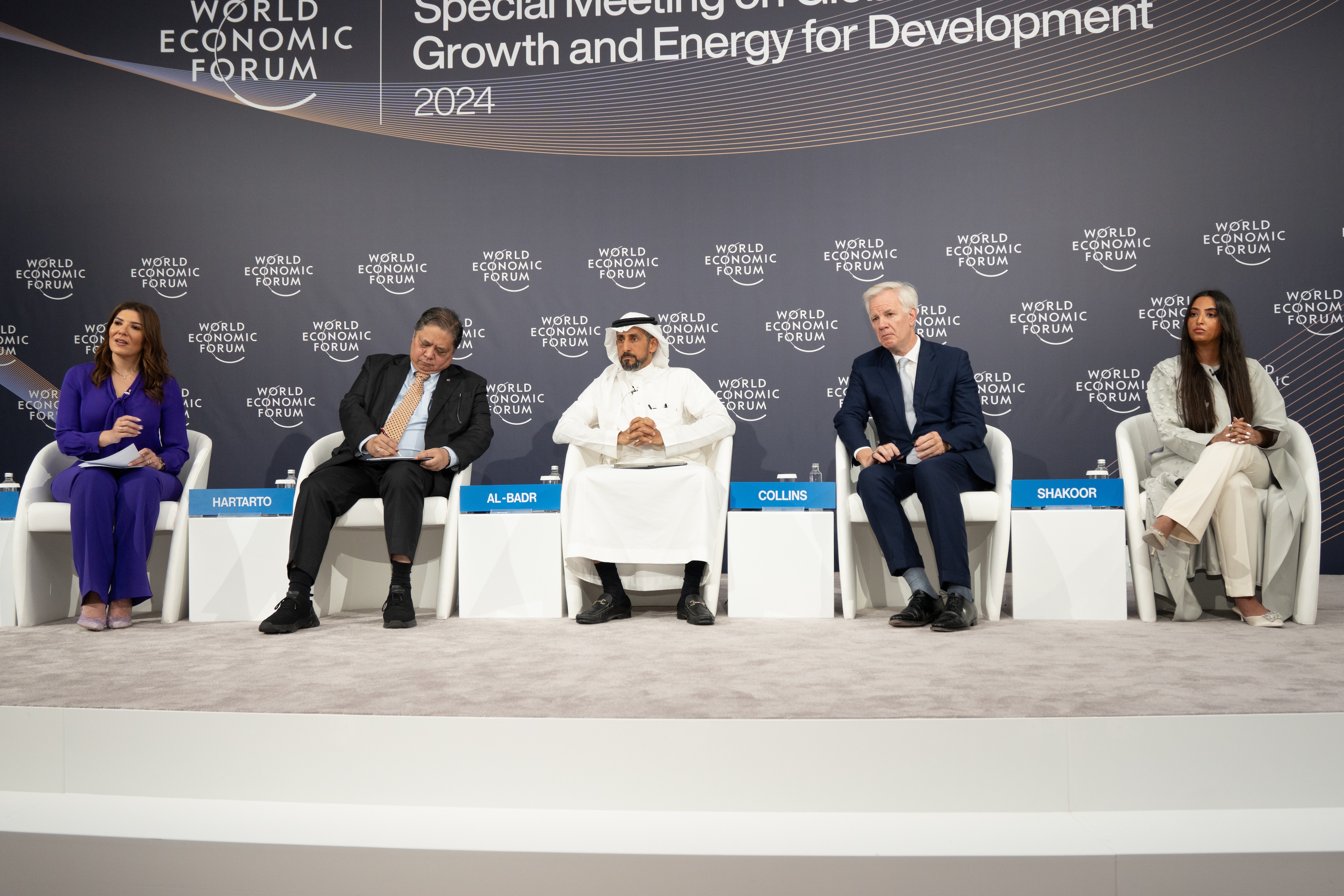Why I chose to be a social enterprise


Get involved with our crowdsourced digital platform to deliver impact at scale
Stay up to date:
Future of Work
There is a perfect start, there is a less than perfect start and there is an imperfect start. As a social entrepreneur, the thing I have learned is that it pays to START- even if it’s less than perfect or imperfect.
So, there I was, I had left my job, had no savings, but kept people like Bonti in my mind. But, I had no idea how, or even where to start.
Eye Research Center (ERC) Eye Care was officially founded in the summer of 2011. With the generous help of my mother, we were just one clinic – in her kitchen – in the heart of the city. Although we had a strong mission, we quickly realized that to the outside world, there was nothing to differentiate us from other ophthalmic clinics spread across the city. But what exactly was ERC Eye Care? We had initially set it up as a sole proprietorship, as it was the cheapest and easiest registration process, but we weren’t strictly a for-profit business. Were we a NGO? Or were we something else entirely?
From the beginning, I did not like the idea of an NGO. Through my limited experience with NGOs, the core issue was the funding. In the local NGO’s I observed, I noticed the following:
- There is less accountability to the end user. Because NGOs rely on funding from donors, focus drifts towards them, and away from ensuring all end users receive the utmost care.
- Given this reliance on funders, there is the constant threat that, if the funding stops, so does the organization. In starting an initiative, such a sword hanging over my head was not my idea of long term planning.
Since at the end of the day organizations (for-profit or not) are most accountable to who pays, in the case of NGO’s, they are held accountable to donors. The end beneficiary does not pay, and therefore has little power or voice to change services provided if they are unsatisfied. After spending time with patients like Bonti, I wanted my organization to ensure that the end beneficiary was the top priority.
With this in mind, and help from my friends in management (after all, I do have a purely medical background) I began to write my business plan. It took time, dedication, and a lot of sleepless nights. In my mind, I believed banks and investors would flock to me. We showed both great potential for impact as well as great return in a sustainable manner. But looking at banks, I soon realized a few things:
- Banks will not invest in anyone without a proven track record.
- Innovation is not their top priority. They require a robust business model where that has been tried and tested.
- They are very risk averse.
- They need some form of collateral.
With only my non-tested business model in hand, no bank went beyond the first meeting. Funding was proving to be much more difficult than I had anticipated. For me an NGO was a no go, and it seemed a private, for profit organization was also not the answer. I was stuck without investors and without funders.
It was only until a friend suggested I needed an angel investor that I began to see a solution to my funding problems. The word its self – angel investor – sounded soothing. As if it would solve all of my problems. I began to research and became very knowledgeable about angel investors. These investors provide crucial capital where formal avenues will not due to higher risk: a bridge between friends and family seed money and more formal channels such as banks and other funding options. What is more, I found that although many of these investors are tied to for-profit start-ups in places like Silicon Valley, there are many that invest in small socially driven enterprises called social enterprises – a term I had never heard before.
In the case of social enterprise, profits are measured in the impact you have on the end beneficiary’s life. This being the case, the beneficiaries are then central to its sustainability and keeping them satisfied becomes the sole purpose of the organization. This results in a much higher degree of accountability and quality to those whom we want to reach.
Now, I knew – my organization was a ‘social enterprise’.
This article is published in collaboration with The World Bank’s Development Marketplace Blog. Publication does not imply endorsement of views by the World Economic Forum.
To keep up with the Agenda subscribe to our weekly newsletter.
Author: Dr. Parveez Ubed is the Founder and Managing Director of ERC Eye Care.
Image: People stand on a platform at a train station in Tokyo. REUTERS/Yuya Shino.
Don't miss any update on this topic
Create a free account and access your personalized content collection with our latest publications and analyses.
License and Republishing
World Economic Forum articles may be republished in accordance with the Creative Commons Attribution-NonCommercial-NoDerivatives 4.0 International Public License, and in accordance with our Terms of Use.
The views expressed in this article are those of the author alone and not the World Economic Forum.
Related topics:
The Agenda Weekly
A weekly update of the most important issues driving the global agenda
You can unsubscribe at any time using the link in our emails. For more details, review our privacy policy.
More on Jobs and the Future of WorkSee all
Simon Torkington
May 1, 2024
Johnny Wood
May 1, 2024
Giannis Moschos
May 1, 2024
Maria Mexi and Mekhla Jha
April 30, 2024
Stéphanie Bertrand and Audrey Brauchli
April 29, 2024
Elselot Hasselaar
April 29, 2024






